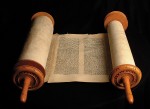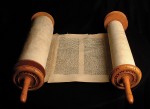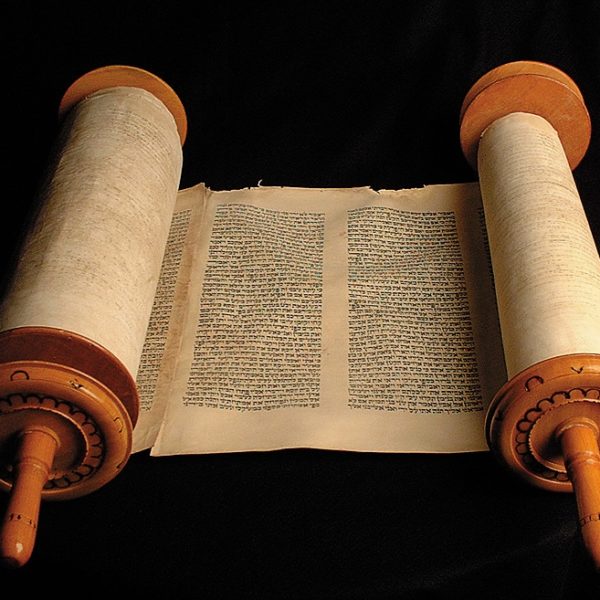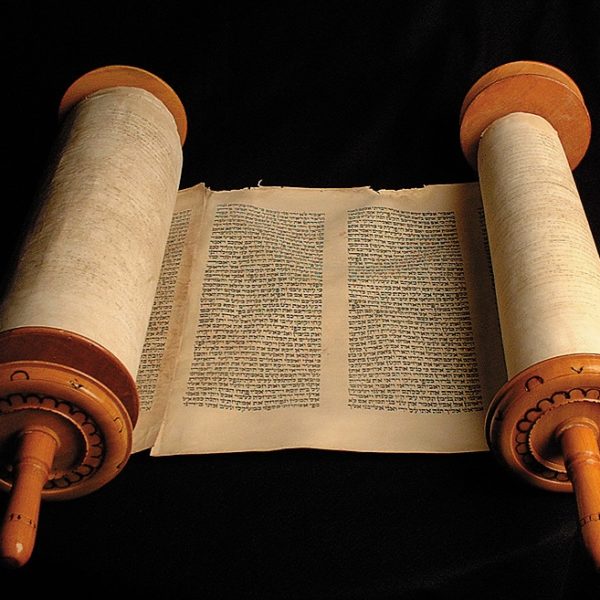
Are we not the Gentiles who have leaders ruling over us? Are we not the ones who obey the rules that are placed upon us? Isn’t it true that we have tyrants that are more concerned the upper class and middle class than with those struggling to get by, living paycheck to paycheck? Jesus demands a non-leadership leadership from his disciples. Something more topsy-turvy than the world’s standards that resemble social Darwinism….

I have met some born-again Christians who act as if, in order for the modern Church to be given new life, we need only to recover the passion, vibrancy and hope of the Acts of the Apostles. That, if only we could live as those first disciples and apostles lived –selling our goods, holding everything in common, praying constantly – we would truly be welcoming the Kingdom. For, if we could only live thus, we would be Spirit-filled faith heroes, propagating the faith with the courage and energy of Paul. Beguiling as this way of thinking might be, it is ultimately open to serious question: it imagines that the Book of Acts is straight history rather than – at one level – propaganda. The growth of Christianity in the Mediterranean Basin was slower, patchier and more interesting than the propaganda would have us think. Nonetheless, I genuinely understand the enthusiasm for the born-again way of thinking because I’ve lived it. In my mid-twenties, in the first wild months of a newly-received faith, I felt those possibilities….

This teaching marks a turn to family ethics. The Pharisaic question about divorce again serves as a foundation upon which Jesus makes a larger teaching that transcends the context of their specific query to make a larger points. In this case, Jesus outlines an expansive family ethic rooted in an understanding that, with the family at the center of social life, intrafamilial ethics have vast political consequences. In discussing both marriage and children, Jesus imagines models of the family that are radically expansive relative to his context…

The Book of Esther understands well the challenges of living in a world where one might have to juggle and negotiate different, even conflicting, identities and loyalties– one political, one ethnic and religious. But it is interesting that while these identities are sometimes open and sometimes undisclosed, they never correspond neatly to the categories of “public” political lives vs. “private” religious lives. Esther’s hidden religious identity makes claims on her public life as well as her private life…

It seems easy. So easy we can almost brush it off. Smile approvingly at the Sunday School teacher seated across the aisle from us in worship, and check one more thing off our spiritual to-do-list. Welcome little children? Done. We might ask ourselves, “How dense could these power grubbing disciples have been to miss so simple a point as this?”
But take a look across that same aisle once again… If your church is like many, there may be an usher giving a mother a dirty look as she walks her small child to the bathroom. Or a father putting his finger to his lip, afraid that his toddler’s whispers might disrupt someone. Or maybe a middle-aged gentleman checking the church’s giving record, calculating in his head what percent of the church’s income comes from his check. Or a young woman dressed just so, glancing at a hand mirror to check her make up….

The Old Testament lection for this week from Isaiah 50 is one of the “Suffering Servant Songs,” (SSS) which, though there is nothing explicitly messianic in many of them, early Christianity nonetheless read as prophecies of Jesus. As George E. Nicklesburg demonstrated in a path-breaking article more than three decades ago in the Harvard Theological Review, the Suffering Servant wasV an important literary motif to which Israel returned repeatedly in an effort to make sense of its status as subordinate state in the larger geopolitical world in which was situated. Characters such as Joseph, Esther, and Daniel represented models of proper behavior and deportment on the part of Jews living in an alien moral universe fraught with everything from the seductive suggestions of compromise to the existential threats of extermination by the foreign powers which dominated them for so many centuries, first as the suzerain of the Israelites and then later, after 587, as their conquerors. The SSS are thus the poetic and prophetic complement to the narrative accounts of the righteous sufferers….

We don’t expect our politicians to say much about the poor, but what about the church? When was the last time you preached or heard a sermon on the poor? Not poverty, but the poor, and not as an illustration, but as a focal point. (We might ask the same thing about a college or seminary class that purports to be about the cultivation of wisdom or faith.) The readings from Proverbs and James (see below) refer to the poor directly. Both passages are striking because they go further than a soft paternalism that might urge us to care for the poor. James and Proverbs offer not an appeal to our altruism, the work of charity, or a political agenda or campaign. They are not looking for votes or a clear conscience. They see the poor as part of the community and concern for the poor as an integral part of the life of faith and wisdom….

Actually Jesus invites folks of all political and religious persuasions to a kind of humility. The human heart has, despite itself, a king of genius for corruptibility, no matter what rituals or traditions we make for ourselves. There is only one hope: to begin to see ourselves aright. And that is done by being in relation with God. This does not lie so much in the feel-good individualistic transformations beloved of conservative evangelicals, but in the challenging praxis of being part of a community of hope and forgiveness….
With this sort of starting point, we take an altogether different approach: our task, short of the full in-breaking of the Kingdom of God, can never be any partisan agenda. This is because anything short of the full consummation of the Kingdom of God will necessarily still be tainted, or worse, corrupted, by sin. All political activism then—in the sense of being active in talking to the contemporary powers-that-be in western culture—is always and necessarily ad hoc, never utopian, and never idealistic. We deal with each concrete question and issue as it arises, and seek to bear faithful witness as best we are able.

John’s gospel is replete with splendid imagery of the saving power of Jesus, so much so that it can be easy to wonder how the disciples could have even considered turning away from Jesus, even at the cross. But here we are, still a far cry from the cross and Jerusalem, long before the last supper and the cock’s crow, and rather than the masses that we’ve grown to expect to see coming out towards Jesus in droves, we are told that many who were following him turn away from Jesus en masse. How could this happen? What motivates those who leave? And what’s more, in the face of such harsh words–of inevitable tribulation ahead–what motivates those who stay? These are the politics of today’s gospel text…

This week’s lection is a well-loved, much-cited chestnut from which a thousand moralistic sermons have germinated. And with good reason. Solomon becomes king and when given the chance to have any wish fulfilled by God, chooses wisdom over the usual favorites, long life, wealth and power.
As even a cursory glance at this weeks lectionary reference will reveal, however, there are a couple of gaps in the text. The first is what happens just before Solomon dies, as he gets last minute instructions from David about scores that the family needs settling. The second is between the time that Solomon ascends to the throne, and the time Solomon and Yahweh have their little heart-to-heart. When you read that part that the lectionary omits, what you find is not Solomon sitting around having his daily quiet time in prayer and study of the scripture, but rather in the ruthless pursuit of control and the exercise of the royal prerogative of vengeance against the enemies of the monarchy…